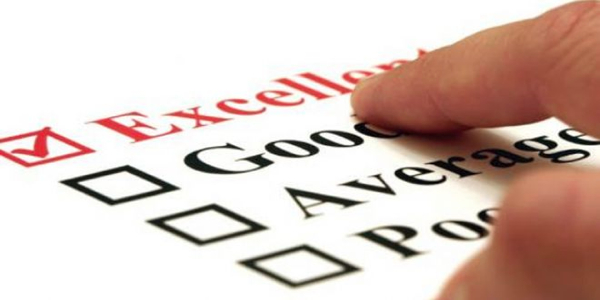Your credit report is one of your most important financial documents, affecting everything from how much you pay for a mortgage to whether or not you can even be hired for certain jobs.
Yet, according to a recent investigation, as few as one in five people haven’t even bothered to check their credit report, even though a credit report can be obtained absolutely free.
What exactly is your credit report? It’s a file containing your identification and employment history along with the payment history you have with various creditors. Included in the report is also a list of accounts in collection as well as public record information like bankruptcies, foreclosures, and tax liens.
From this information your all important credit score is derived. Your credit score is, in turn, used to determine whether you qualify for a mortgage, auto loan, private student loan, or credit card. It also determines the interest rates you’ll pay on these loans.
But, it’s not just loans that are affected by your credit report and the credit score derived from it. According to the New York Times, about 60 percent of employers now perform credit checks on job applicants. A low credit score could easily dampen your job prospects. And in some industries, like banking, a low credit score could totally disqualify you from certain positions.
In addition, your credit score is used by insurers to determine how much you’ll pay for car insurance and many landlords will refuse to rent you an apartment based on your credit score. Banks can even use the information to help determine if you’re eligible to open a checking account.
With the financial stakes so high it’s amazing then that nearly 80% of all credit reports contain errors, with 25% containing errors significant enough that it could deny individuals access to credit.
Even personal finance experts aren’t immune from credit report errors. Take, for instance, the experience of Washington Post personal finance expert Michelle Singletary:
A storage company claimed I owed them money. I contacted the credit bureau (the company had reported the damaging data only to one bureau) and disputed the information. The bureau then asked the company that reported the information to verify the debt. What do you think the storage company did?
They reported back the same wrong information, reducing my credit score by about 100 points. I know this because my other two credit reports, which did not contain the incorrect information, produced higher credit scores. The major difference in the three reports was the erroneous overdue debt.
After the so-called investigation, the incorrect information was again listed in my file. I complained again. After a few rounds of this nonsense, I finally was able to get the inaccurate information removed.
It’s crucial to check your credit report before you need to apply for a loan, as it can take months for the credit reporting agencies to remove inaccurate information that could cause you to get rejected or pay a higher interest rate. In addition, checking your credit report is one of the best ways to protect yourself against identity theft.
By law you’re allowed to get a free copy of your credit report from each of the major credit reporting agencies, Equifax, Experian, and TransUnion. Be careful though. You’ll want to avoid those commercial websites that offer you a “free credit report” but in the process trick you into signing up for expensive and unnecessary services like “credit monitoring”.
Remember, you can get free, no strings attached, credit reports by visiting annualcreditreport.com. This is the only federally approved location for obtaining free credit report information from the big three credit reporting agencies.
My best advice is not to request your Equifax, Experian, and TransUnion credit report from annualcreditreport.com all at the same time, but space it out by ordering a free report from a different credit reporting agency every four months. This allows you to monitor any suspicious activity or inaccurate information throughout the year.
2013 is the perfect time to make a New Year’s resolution to get your hands on one of the most important documents of your financial life.
BMWK, when is the last time you checked your credit report?
